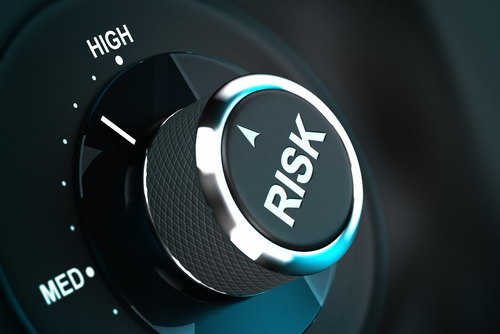


Crisis Management: Preparing for the Next Big Event
From the Wall Street Journal’s Risk & Compliance Journal:
No matter the crisis—a billion-euro loss, a breach that leaves millions of customer records at risk or a major airline accident with the CEO on board—organizations can take steps to weather the storm, according to Jeremy Smith, global leader of Deloitte Touche Tohmatsu Limited’s Crisis Management practice. But instead of aiming merely for survival, Mr. Smith says that organizations should seize the opportunity to emerge stronger.
Jeremy Smith: Not all crises are created equal. From an accident that disrupts a supply chain to a social media firestorm, companies manage minor crises all the time. It’s part of doing business. But dealing with a major crisis is a different matter. A single mega event—or a combination of them—can trigger crises that threaten the very survival of the business by resulting in systemic weaknesses that undermine trust and reputation. These kinds of crises lay bare the readiness and responsiveness of an organization. They test a company’s values, leadership and character and at a time when there is no room for error.
Q: What are some of the critical elements of crisis management?
Jeremy Smith: Crisis management begins with identifying and preparing for strategic risks, which may turn into a crisis event and includes a broad portfolio of capabilities such as event monitoring, crisis simulation and planning, real time response and crisis communications.
Crisis simulation provides organizations a way to assess their crisis readiness and know whether their organization, strategy, plans and systems will work when a crisis strikes. A 24/7 monitoring capability is also necessary to track all the relevant sources of data for potential business disruptions. This same capability also applies for situational monitoring during a crisis.
Should a crisis strike, an important element is the ability to provide real-time response, by which organizations need rapid response teams operating under the direction of a Crisis Management Office. These teams should be staffed by experienced leaders representing core competencies, industry and crisis-specific expertise. The final area is crisis communications. General communication professionals often fail to deliver the business insights and financial acumen needed to protect stakeholder value. It is very important to remember that crisis communications address multiple stakeholders.
To read the rest, click here.